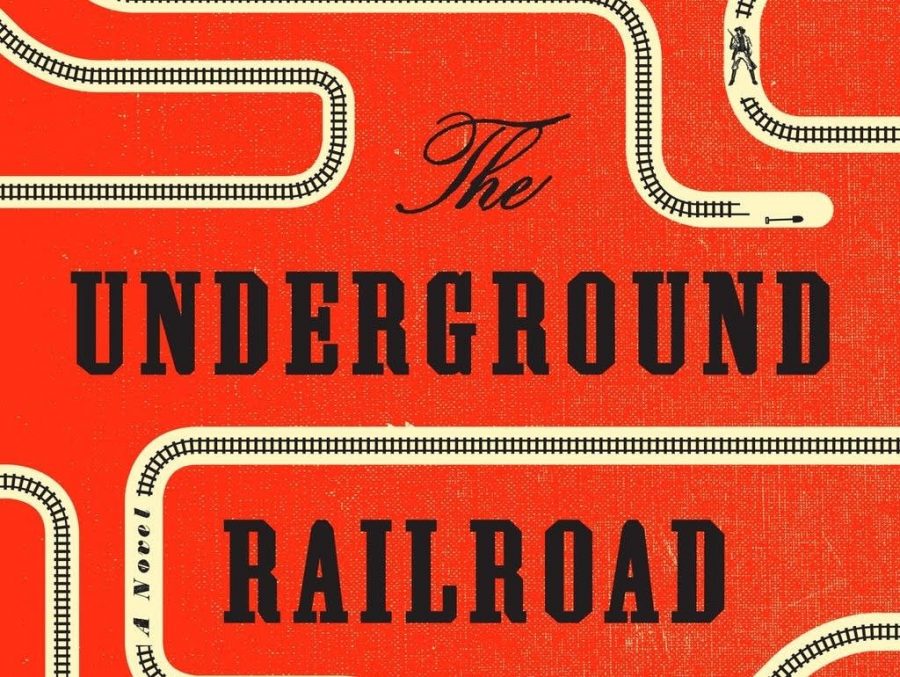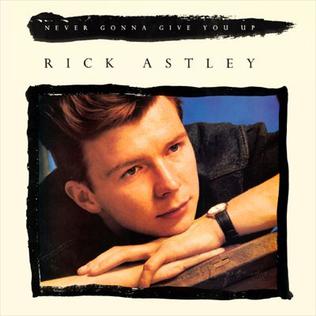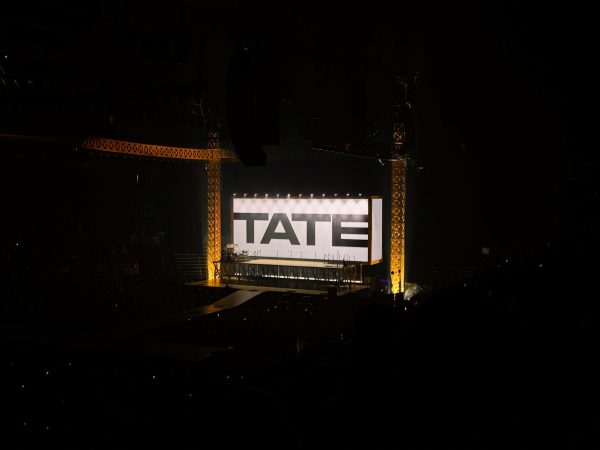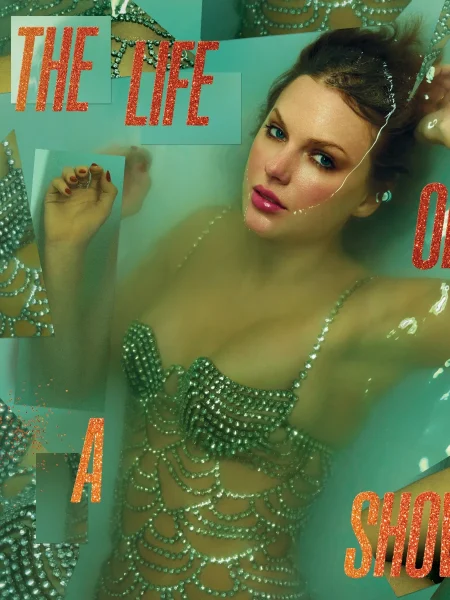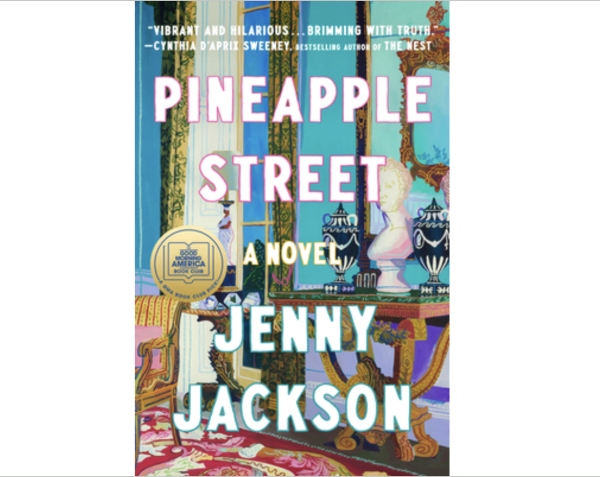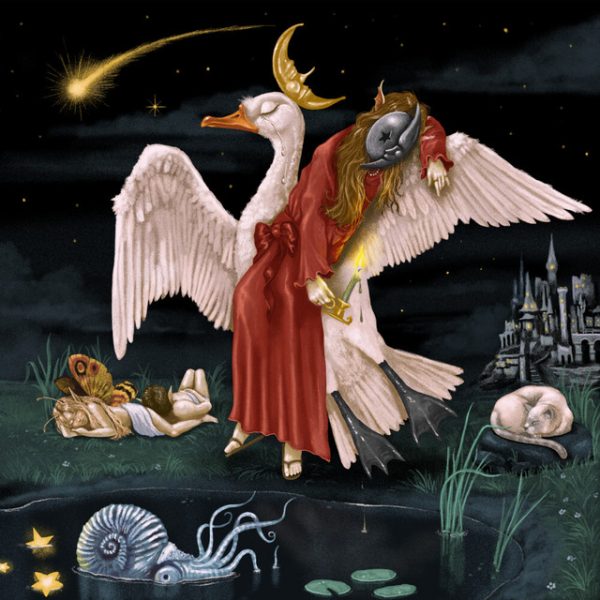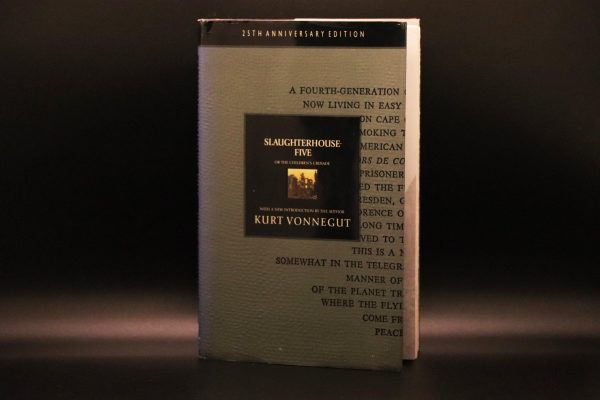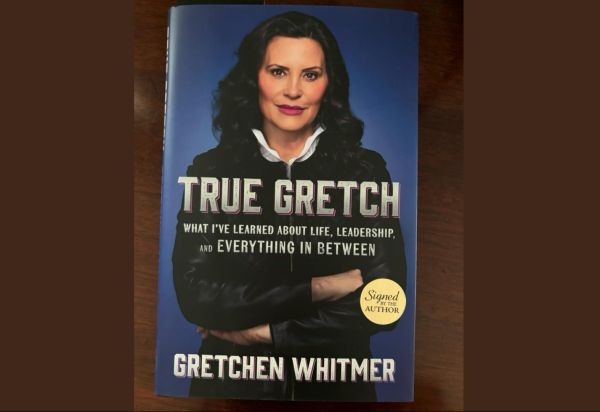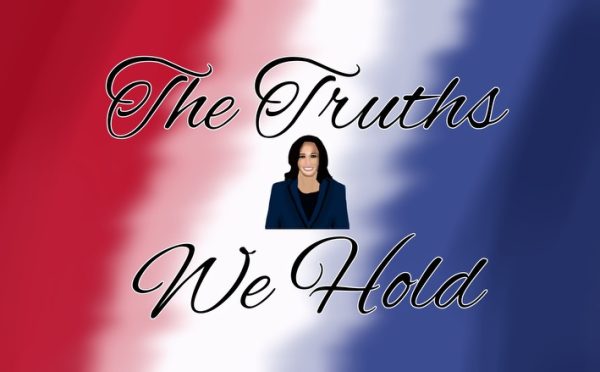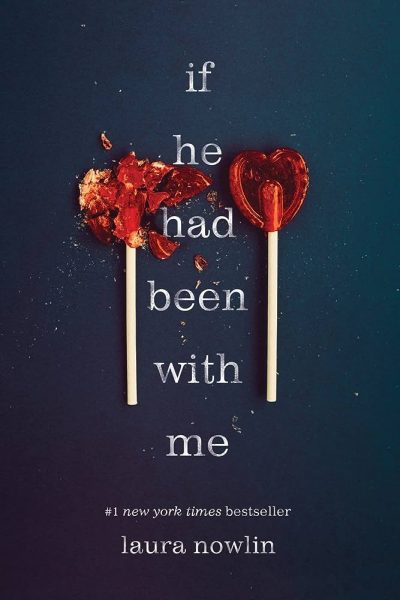Colson Whitehead Reads His New Book ‘The Underground Railroad’
Standing in a grey jacket with a dark blue turtleneck under the 13 chandeliers of Lydia Mendelssohn Theatre, Colson Whitehead reads and speaks about his new book ‘The Underground Railroad’. This Oprah Book Club novel is about what most of us first think when we hear about the underground railroad in fourth grade; a literal underground railroad.
This idea came to him 16-years-ago while sitting on the couch in his early thirties. It took him time to tackle the book, which is his first novel that has to do with slavery. He would think about it a bit, and then work on another project, and then come back to it, and then work on something else. Eventually in this time he became a father, which was good for his writing process. “I understood what it was like in a new way to see your parent, your child beaten, killed, tortured, taken away from you. I was more able to inhabit that feeling in a way that I couldn’t when I was younger,” Whitehead said.
The book tells the story of escaped slave girl, Cora, who is going North. With every new state she enters, she experiences a different state of “American possibility”. Cora’s age is unknown to her because of the lack of care and record keepings from the slave masters, which is realistic of this time. Whitehead describes the attention of detail to a slave’s life comparable to one of a pet dog. Usually the exact birthday is unknown but there is an approximate age. Cora is around 16 or 17 years old. This is an awful time in a female slave’s life because she is now expected to produce more slaves for her master.
Whitehead told the audience that he uses a female protagonist not only to address and add layers to the story, but because the last three of his books have had a male protagonist, and he thought it was time to “switch it up” and tell a story from a different view. He also shares with the audience that this is his first piece of work where he just keeps going back to re-read the last 50 pages after it was published. “[It’s] just the joy of writing those last pages where everything comes together,” Whitehead said, “It’s the best thing I’ve ever written.”
“[I’m] not going to stick to the facts, but [I’m going to] stick to the truth,” Whitehead said. This book is written in a “magical” history but in order to stick to the truth Whitehead needed to do extensive research to make sure he portrayed life accurately. Surprisingly the majority of his research was done sitting in his home looking at PDF’s of slave narratives on the internet. “I’m a shuttin. If you go outside there are a lot of those..uhhh…people out there,” Whitehead said, with his witty humor.
In order to do research outside the house he did was taking tours to two plantations in Southern Louisiana. Both of which are treated more as a resort than as a place where horror has happened. People can host weddings at these plantations where, Whitehead mentioned, they advertised that you can be “unshackled from fees”. He didn’t learn much about the facts, but it sure puts things into perspective.
When he was asked if current movements like Ferguson, and Black Lives Matter had changed how he wrote the book, he said no because these things have always been present in his life, as a black American, but as of now these topics are coming to all of America’s consciousness. This book is a much needed reminder of America’s awful past that is sometimes forgotten. During and after the passed election, Whitehead started to read aloud different portions of “The Underground Railroad” for his book readings that are important and relevant now more than ever.




